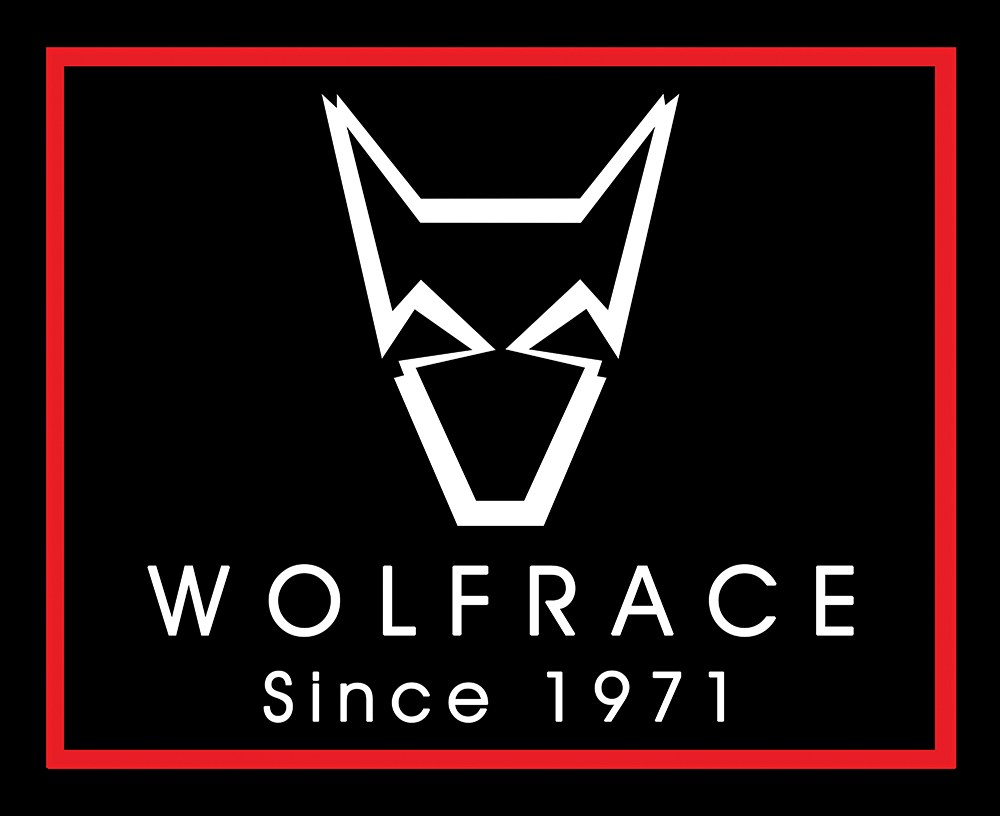Louise Cook, from Maidstone in Kent has forged a little history in motorsport by becoming the first female in the world to gain an FIA Rally Championship Title outside the FIA Ladies Cup. Louise gained the FIA Production car Cup for Drivers of 2WD and is in good company with her female idols. Michelle Mouton who gained individual FIA WRC rally wins in 1981 and 1982 in Italy, Portugal, Greece and Brazil and her British namesake and idol Louise Aitken-Walker who became FIA Ladies World Rally Champion in 1990.
“It is a nice small step towards the main goal to become the first female ever to become World Rally Champion. I feel the 2WD Cup is a good step towards the goal and shows how serious I am about this.”
“I would like to thank everyone that supported me to make this happen I would not have achieved anything without them. It was a huge step. The consequences for not gaining enough sponsors and getting to each round was pretty scary. I knew if I did not get to any one of the rounds my career would end. I also knew that I had to be in the WRC to get closer to the overall goal of becoming the first female to be FIA World Rally Champion.”
It was clear failure was never an option for Miss Cook. Louise narrowly raised the massive sponsorship support required to contest the season and to avoid the career ending consequences of massive fines and having her license revoked if she did not make a championship round.
Louise made her World Rally Championship debut in 2012 and an incredible debut it was. The 2012 season commenced under unforeseeable glory. Louise’s goal for her first WRC round, Rallye Monte-Carlo, was gain experience and finish the rally. Louise keeping a clean rally saw her become the first female ever to gain a podium place in the Production World Rally Championship when she took second place in the PWRC in front of the 300,000 rally fans.
“It would be great to see more and more females take part in rallying and if what I am doing encourages even a few it will be fantastic. The car is a great leveler so it is a place where men and women can compete on an equal footing.”
“It is a long road to where I want to be, though the financial barrier is the toughest to break through. It seems pretty normal for corporations to be involved with male rally drivers but not so much to be involved with females, I am not sure why. I hope my first season success in the World Rally Championship will help gain some support to achieve the next step of the plan and bring me closer to becoming the first female to become FIA World Rally Champion.”
Louise’s leap into the sports highest level has been far from easy. Louise has made a number of sacrifices in her career, including selling her Ford Street Ka road car early on and famously selling her well earned trophy collection to ensure she could keep competing.
“It has been a massive challenge and when you step into the unknown you have to act quickly to keep things going to plan. To complete my first season in the World Rally Championship is an amazing feeling. The level you have to push to simply be on the starting line is immense.”
“The rallies and the nature of the roads are nothing like anything in the UK. Mountain terrains are few and far between here, so the roads are pretty alien to us Brits. It is a massive task just to understand the technical lines and try to make pacenotes that resemble the road when you next hit them at speed.”
Louise now looks on to 2013 determined to push boundaries in the World Rally Championship even further.
“I made a 3 year plan to win the Production World Rally Championship outright and the 2WD Production car Cup was the first part of that plan, to gain some good experience before moving into 4WD for the year two and then win PWRC outright in year three.”
“The WRC structure has now changed. The PWRC has now become WRC3. The 4WD machines are now replaced with 2WD. There are a lot of manufacturers making 2WD rally cars. It is also good for drivers to maximise 2WD techniques before moving on. I think this is the reasons for the change by the FIA.”
The disadvantage for young drivers however is the financial one. The void between the championships seems to have grown. A PWRC Group N 4WD car was around £60,000 to purchase, a competitive WRC3 2WD car is around £80,000. The next step to 4WD however is now quite a jump. The new R5 cars will be the most economical step to WRC2 at a whopping £200,000 and the S2000 cars in the same class are £260,000, so the cost of the car for the next level is triple that of the class below. The main WRC cars to contest for outright World Rally Championship are around £360,000.
“I will never do this alone, it is going to take a lot of investment to make history in the WRC. I hope that people support however they can. All I can do is keep pushing at everything and never give up.”



